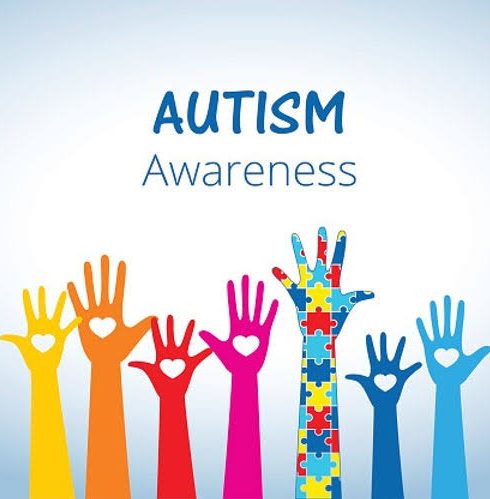Fight Against Malaria With These 5 Easy Steps
Since the year 2000, the world has made remarkable progress in saving millions of lives from malaria, and we commemorate World Malaria Day on April 25th each year. The importance of this day is not just to recognize how far we’ve come, but also to remind us that, despite our progress, we still need to unite and battle malaria within a generation, and to push leaders to do the same to get us closer to a malaria-free world. The WHO African Region continues to bear an outsized share of the global malaria burden. In 2020, the Region had 95 percent of all malaria cases and 96 percent of all malaria deaths. Approximately 80 percent of all malaria deaths in the Region occurred in children under the age of five. Nigeria (31.9 percent), the Democratic Republic of Congo (13.2 percent), the United Republic of Tanzania (4.1 percent), and Mozambique (4.1 percent) were the four African countries that accounted for slightly over half of all malaria deaths globally (3.8 percent ) This isn’t a discussion to be taken lightly and in light of that, here are five ways you can stop the spread of malaria in your home and protect your loved ones.
Invest in Mosquito Repellents
Other types of repellents, in addition to those applied directly to the skin, can protect you from pesky malaria-causing bugs. To help repel mosquitoes, treat your clothing, purchase insecticides, or burn mosquito coils in your living environment. Treated nets are also a better option for keeping you and your loved ones safe when you’re all sound asleep
Use The Right Treatment
Maybe you didn’t catch the symptoms and you’re now feeling under the weather, there are quite a few treatments you could take but not without a medical practitioner’s advice.
Know The Signs
You might think that because you don’t hear them buzzing around you’re safe. Sorry to burst your bubble, but the female anopheles mosquito is the mistress of stealth. You barely even know you’ve been bitten; all you’ll see is a little swelling. That’s why it is very important to diagnose malaria as soon as possible. If you develop flu-like symptoms such as a headache, fever, chills, and joint and muscle problems within three months of returning from a malaria
area, tell your doctor.
Spread The Word
You’ve gotten rid of malaria in your house and everyone is safe. But the work isn’t done yet. You should go above and beyond in providing malaria prevention for other families. You can donate to several malaria relief organizations to help keep the disease from spreading to other families.
Clear Your Gutters
Mosquitoes thrive in areas with standing water. If your neighborhood’s drainage systems aren’t well-maintained and the flow of water is restricted, there will be water stagnation, which will lead to mosquito breeding and the risk of malaria. So clear out your drainage system to reduce the risk.






